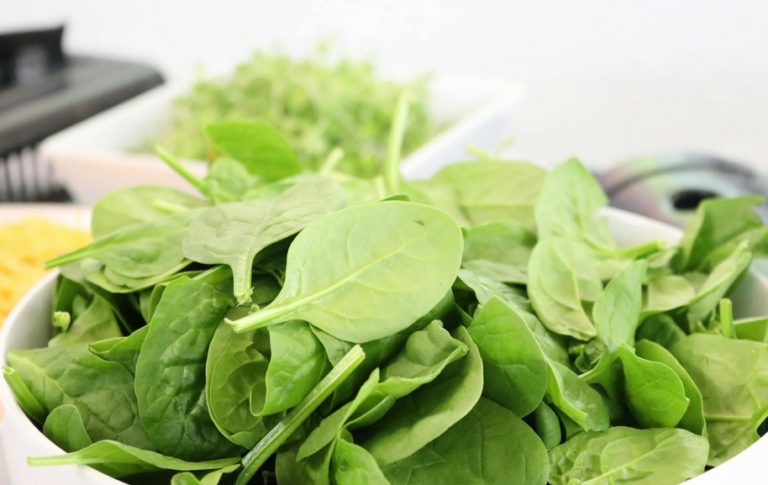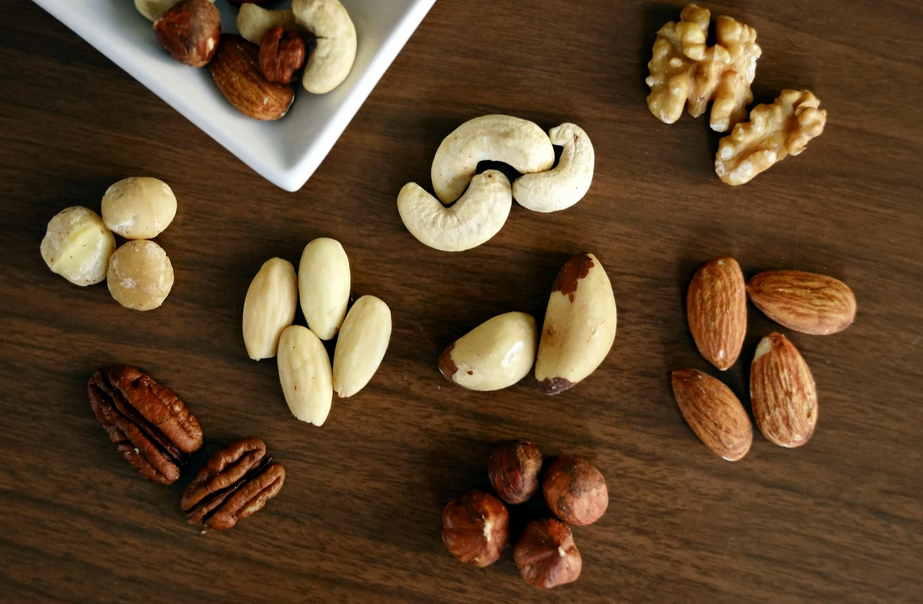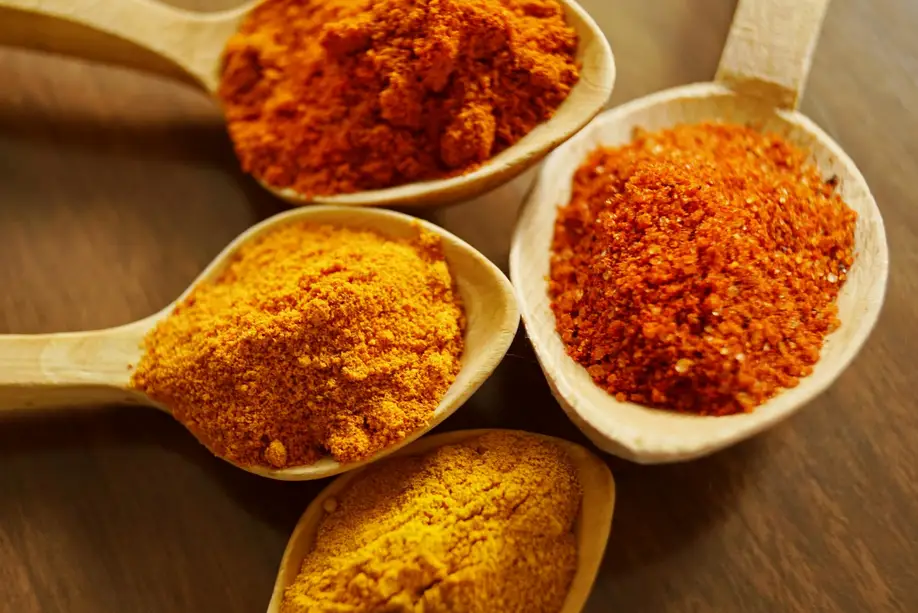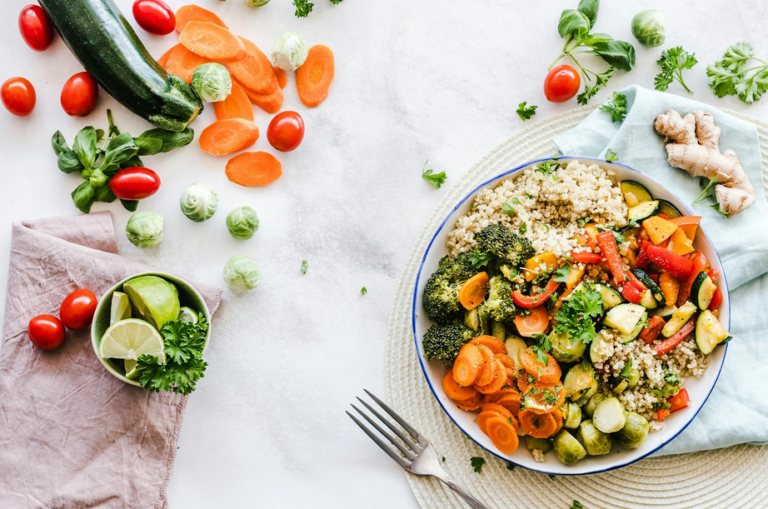Inflammation is a natural immune response to injury or infection, essential for healing. However, chronic inflammation which is often caused by unhealthy lifestyle habits, including a poor diet can lead to severe health issues like heart disease, arthritis, and diabetes. Adapting the Anti-Inflammatory Diet could be a very effective strategy. In this blog post, we will explore the foods that can help reduce inflammation. By making conscious dietary choices, you can support your body’s healing processes and reduce the risk of chronic diseases.
Table of Contents
Anti-Inflammatory Diet: What to Eat and Avoid
1) Inflammation: The Food Factor
Inflammation is the body’s way of protecting itself from harm. The immune system releases white blood cells to fight infection or injury. However, when the immune response becomes overactive and inflammation persists, it can harm the body instead of healing it.
Poor dietary choices, such as a high intake of processed foods, refined sugars, and trans fats can trigger chronic inflammation by raising insulin levels, leading to harmful inflammatory responses. This chronic inflammation progressively damages healthy cells, tissues, and organs, increasing the risk of developing conditions like:
- diabetes
- heart disease
- fatty liver disease
- cancer
The good news is that there are several effective ways to reduce inflammation and enhance your overall health.
2) Anti-Inflammatory Foods
Anti-inflammatory foods are essential for maintaining optimal health and combating chronic inflammation. By following an anti-inflammatory diet that includes a variety of fruits, vegetables, whole grains, and healthy fats, you can support your body’s natural defenses and reduce the risk of various diseases.
2.1) Leafy Greens

Leafy greens, such as spinach, kale, and Swiss chard, are rich in antioxidants, vitamins, and minerals that help reduce inflammation in the body. They contain compounds like vitamin E and polyphenols, which work to neutralize free radicals and lower inflammatory markers. Including leafy greens in your diet can help combat chronic inflammation and support overall health. Here are a few more leafy greens to consider adding to your diet:
- Arugula: Rich in vitamins A and K, and packed with antioxidants that help lower inflammation.
- Collard Greens: High in fiber and vitamin C, which are beneficial for reducing inflammation and supporting immune health.
- Romaine Lettuce: Contains vitamins A, C, and K, which all contribute to reducing inflammation.
- Watercress: Loaded with antioxidants like flavonoids, it helps combat oxidative stress and inflammation.
- Bok Choy: A cruciferous vegetable that’s rich in anti-inflammatory compounds, including omega-3s and vitamins C and K.
- Mustard Greens: Contain glucosinolates, which help reduce inflammatory processes in the body.
2.2) Berries

Berries are not only delicious but also packed with nutrients that can help reduce inflammation. Here are some popular types of berries and their benefits:
Blueberries: High in antioxidants, particularly flavonoids like anthocyanins, which have been shown to lower inflammation and oxidative stress.
Strawberries: Rich in vitamin C and antioxidants, strawberries can help combat inflammatory markers and improve heart health.
Raspberries: Packed with fiber and antioxidants, raspberries have anti-inflammatory properties that can support overall health.
Blackberries: Loaded with vitamins C and K, as well as anthocyanins, blackberries help reduce inflammation and may improve immune function.
Cranberries: Known for their role in urinary tract health, cranberries also contain antioxidants that can reduce inflammation and support heart health.
Acai Berries: These nutrient-dense berries are rich in antioxidants, particularly anthocyanins, and are often used in smoothies and bowls for their anti-inflammatory benefits.
2.3) Fatty Fish

Fatty fish are among the best sources of omega-3 fatty acids, which are known for their potent anti-inflammatory properties. Here are some popular types of fatty fish and their benefits:
Salmon: Rich in omega-3 fatty acids (EPA and DHA), salmon can help reduce inflammation, lower blood pressure, and support heart health.
Mackerel: A nutrient-dense fish that is high in omega-3s, vitamin D, and selenium, mackerel is excellent for reducing inflammation and improving overall health.
Sardines: These small fish are packed with omega-3 fatty acids, protein, and essential vitamins and minerals, making them great for combating inflammation.
Trout: Rainbow trout is another fatty fish that offers high levels of omega-3s and is a good source of protein and B vitamins.
Herring: This fish is rich in omega-3 fatty acids and vitamin D, providing anti-inflammatory benefits and supporting immune health.
Anchovies: Often used as a topping or ingredient in dishes, anchovies are loaded with omega-3s and essential nutrients that help reduce inflammation.
2.4) Nuts and Seeds

Seeds and nuts are excellent sources of healthy fats, antioxidants, vitamins, and minerals that can help reduce inflammation. Including these in an anti-inflammatory diet can provide numerous benefits. Here are some popular options and their benefits:
Nuts
- Almonds: High in vitamin E, magnesium, and healthy fats, almonds can help lower inflammation and improve heart health.
- Walnuts: Rich in omega-3 fatty acids and antioxidants, walnuts have been shown to reduce inflammation and support brain health.
- Pistachios: Containing healthy fats, fiber, and antioxidants, pistachios can help lower cholesterol levels and reduce inflammation.
- Brazil Nuts: These nuts are high in selenium, which has antioxidant properties and may help reduce inflammation.
- Cashews: Packed with healthy monounsaturated fats and antioxidants, cashews can contribute to reducing inflammation and promoting heart health.
Seeds
- Flaxseeds: High in omega-3 fatty acids, fiber, and lignans, flaxseeds are known for their anti-inflammatory properties and can help support digestive health.
- Chia Seeds: These tiny seeds are rich in omega-3s, fiber, and antioxidants, making them effective at reducing inflammation and promoting heart health.
- Pumpkin Seeds: Packed with magnesium, zinc, and antioxidants, pumpkin seeds can help lower inflammation and support immune function.
- Hemp Seeds: Containing a healthy balance of omega-3 and omega-6 fatty acids, hemp seeds are great for reducing inflammation and supporting heart health.
2.5) Turmeric

Turmeric, particularly its active compound curcumin, is known for its powerful anti-inflammatory and antioxidant properties, which help reduce chronic inflammation and protect against cellular damage. It supports joint health by alleviating symptoms of arthritis and may enhance heart health by improving endothelial function. Additionally, turmeric has been linked to improved brain function and may help alleviate symptoms of depression.
How to Incorporate Turmeric into Your Diet
- Golden Milk: A soothing beverage made with turmeric, milk (or a milk alternative), and spices like cinnamon and black pepper.
- Curries: Add turmeric to curry dishes for flavor and color, as it’s a common ingredient in many Indian recipes.
- Smoothies: Blend a teaspoon of turmeric into your morning smoothie for an anti-inflammatory boost.
- Soups and Stews: Stir turmeric into soups and stews for added health benefits and a warm, earthy flavor.
- Tea: Brew turmeric tea by steeping fresh or powdered turmeric in hot water, and add lemon and honey for flavor.
Pro Tip!
To enhance the absorption of curcumin, it’s beneficial to combine turmeric with black pepper, which contains piperine, a compound that significantly increases curcumin’s bioavailability.
3) What Types of Food Cause Inflammation?
Certain foods, especially those hessed or high in unhealthy fats and sugars, can trigger inflammation:
- Refined carbohydrates, such as white bread and pastries, can lead to rapid spikes in blood sugar, triggering inflammatory responses in the body.
- Similarly, processed foods high in trans fats—often found in packaged snacks and fast food—are notorious for increasing inflammatory markers, which can contribute to chronic health issues.
- Additionally, sugary beverages like soda and sweetened drinks promote insulin resistance, a significant factor in the development of inflammation.
- Red and processed meats, such as bacon and sausage, have been shown to increase inflammatory markers, contributing to long-term inflammation in the body. These meats often contain high levels of saturated fats and preservatives, which can trigger inflammatory responses and raise the risk of chronic diseases.
4) How to Reduce Inflammation
To reduce inflammation, it is essential to make mindful swaps in your diet, replacingry foods with nutrient-dense, anti-inflammatory alternatives.
| Instead of This (Inflammatory Food) | Eat This (Anti-Inflammatory Food) |
| Refined carbohydrates (white bread, pastries) | Whole grains (quinoa, brown rice, whole grain bread) |
| Processed foods (packaged snacks, fast food) | Fresh fruits, vegetables, and homemade meals |
| Sugary beverages (soda, sweetened drinks) | Water, herbal teas, or infused water with fruits |
| Red and processed meats (bacon, sausage) | Lean proteins (chicken, turkey, fatty fish) |
| Margarine and trans fats | Healthy fats (olive oil, avocado, nuts) |
5) Wrap It Up!
- Stay Hydrated: Drinking plenty of water helps to flush out toxins and reduce inflammation.
- Exercise Regularly: Physical activity helps maintain a healthy weight and reduces inflammatory markers.
- Get Enough Sleep: Sleep deprivation can increase inflammation, so aim for 7-8 hours of quality sleep per night.
- Manage Stress: Chronic stress raises inflammation in the body. Integrating relaxation techniques such as meditation and yoga into your daily routine, along with a well-structured stress management plan, can empower you to effectively manage stress.
Coupled with a balanced, whole-food diet and steering clear of inflammatory triggers, these practices can significantly reduce inflammation and enhance your overall health.
Disclaimer: The information in this article is for informational purposes only and is not medical advice. Consult a healthcare professional before making any changes to your diet, exercise, or lifestyle, particularly if you have pre-existing conditions. The author and website are not responsible for any adverse effects from using this information.
References:
- 1. Rondanelli M, Faliva MA, Miccono A, et al. Food pyramid for subjects with chronic pain: foods and dietary constituents as anti-inflammatory and antioxidant agents. Nutrition Research Reviews. 2018;31(1):131-151. doi:10.1017/S0954422417000270
- 2. Harvard Health Publishing. (2020, March 17). Foods that fight inflammation. Harvard Health Blog. https://www.health.harvard.edu/staying-healthy/foods-that-fight-inflammation
- 3. Kostoglou-Athanassiou, I., & Athanassiou, P. (2024, October 22). Editorial: Anti-inflammatory diet in autoimmune diseases. Frontiers in Nutrition, 11. https://doi.org/10.3389/fnut.2024.1497058




